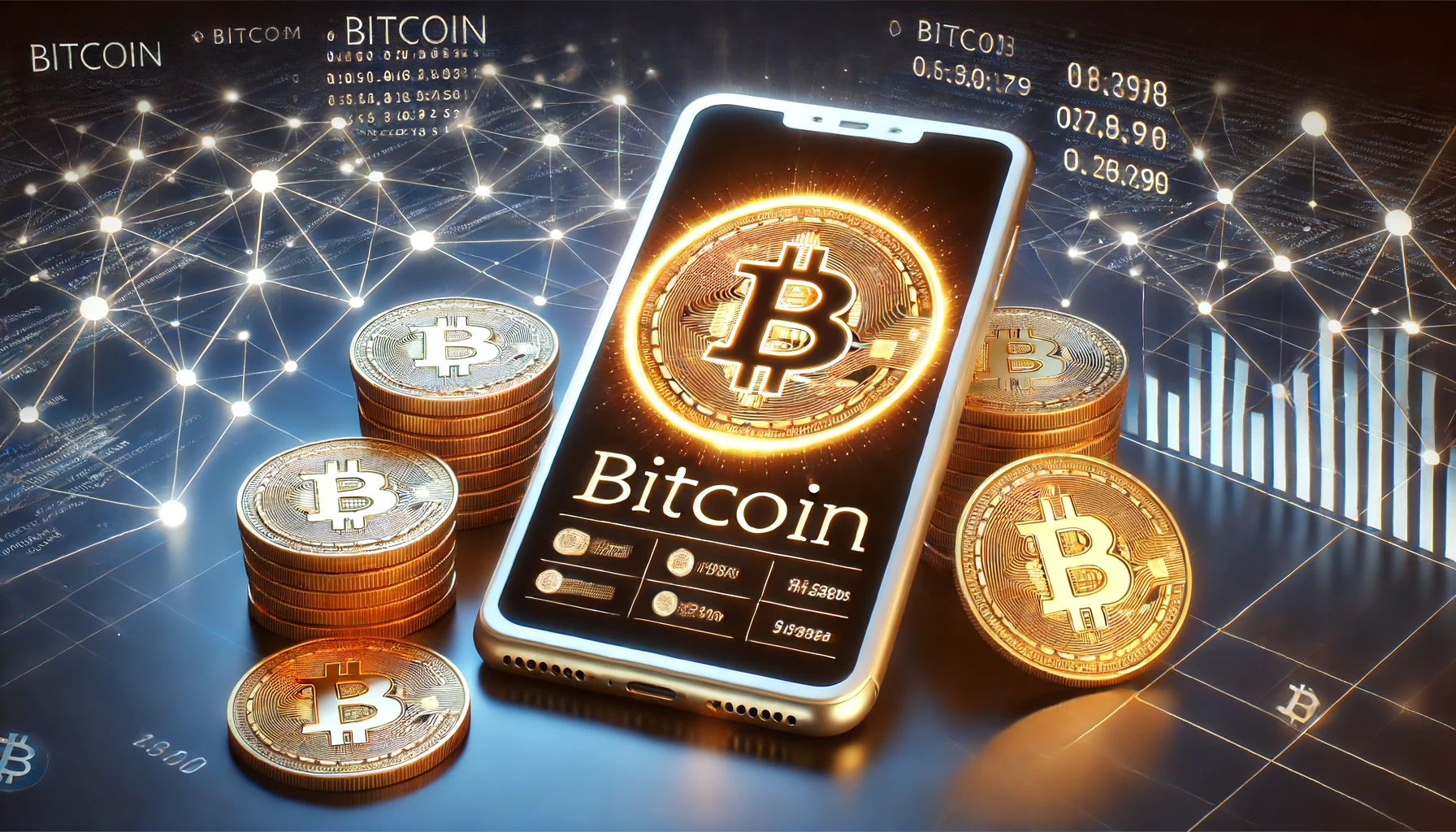A legal debate on whether XRP should be classified as a security, featuring perspectives from crypto lawyer Bill Morgan and XPUNKNFTs’ founder BradPunkhouse.
Points
- Debate on XRP’s classification as a security.
- Crypto lawyer Bill Morgan argues against XRP being a security.
- Legal implications for XRP and the broader crypto market.
- Comparison of XRP with other cryptocurrencies like Solana.
- Impact of SEC lawsuit on XRP’s market position.
The classification of XRP as a security has been a contentious issue within the crypto community, recently reignited by XPUNKNFTs’ founder BradPunkhouse and crypto lawyer Bill Morgan. The debate centers on whether XRP’s reliance on a single token makes it a security under U.S. law.

The Security Classification Debate
BradPunkhouse asserts that XRP, being a central component of Ripple’s ecosystem, inherently qualifies as a security. He argues that Ripple’s activities heavily depend on XRP, drawing comparisons with Solana’s use of its native token, SOL. This viewpoint suggests that XRP’s value is directly tied to Ripple’s efforts, thus fitting the SEC’s definition of a security.
Bill Morgan’s Counterargument
In contrast, crypto lawyer Bill Morgan refutes this claim, emphasizing that reliance on a single token does not automatically make it a security. He highlights the need for a nuanced understanding of the Howey Test, which the SEC uses to determine if an asset is a security. According to Morgan, the Howey Test requires more than just dependency on a token; it must also involve an expectation of profits derived from the efforts of others.

Legal Implications for XRP
The ongoing SEC lawsuit against Ripple is pivotal in determining XRP’s status. If the court rules in favor of the SEC, XRP could face significant regulatory challenges, potentially impacting its market value and investor confidence. Conversely, a ruling against the SEC could bolster XRP’s legitimacy and pave the way for clearer regulatory guidelines for other cryptocurrencies.
Comparing XRP and Solana
The comparison between XRP and Solana (SOL) is particularly relevant. While both tokens are integral to their respective ecosystems, Solana’s use of SOL extends beyond just facilitating transactions. It powers various decentralized applications (dApps) and smart contracts, arguably providing it with a broader functional scope compared to XRP.

Impact on the Crypto Market
The outcome of the SEC lawsuit against Ripple will have far-reaching implications for the entire crypto market. A favorable ruling for Ripple could encourage other crypto projects to push back against regulatory challenges. On the other hand, a ruling in favor of the SEC could lead to increased regulatory scrutiny across the industry, affecting numerous projects.
Conclusion
The debate over XRP’s classification as a security highlights the complexities of applying traditional securities laws to digital assets. While BradPunkhouse’s arguments reflect common concerns, Bill Morgan’s counterpoints underscore the importance of a detailed legal analysis. The forthcoming court ruling will not only impact XRP but also set a precedent for the broader crypto market, influencing regulatory approaches and investor sentiment.

